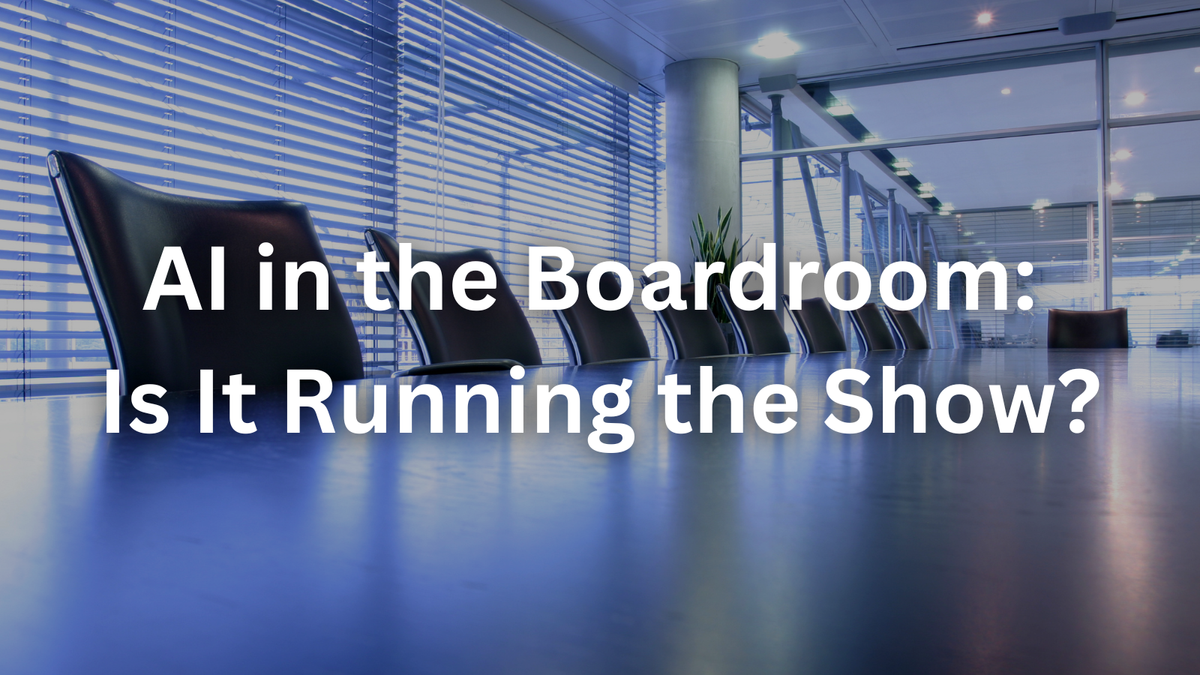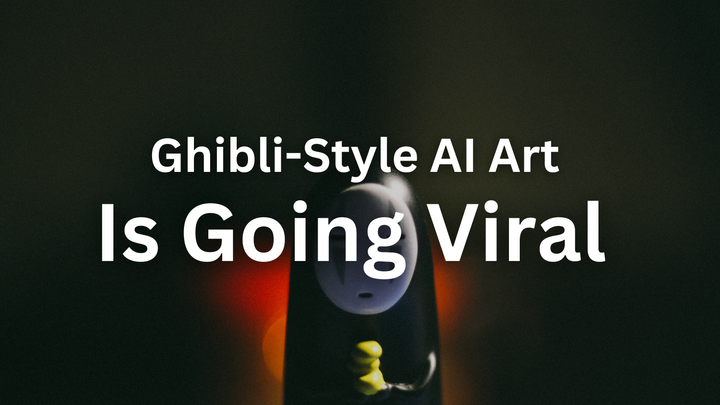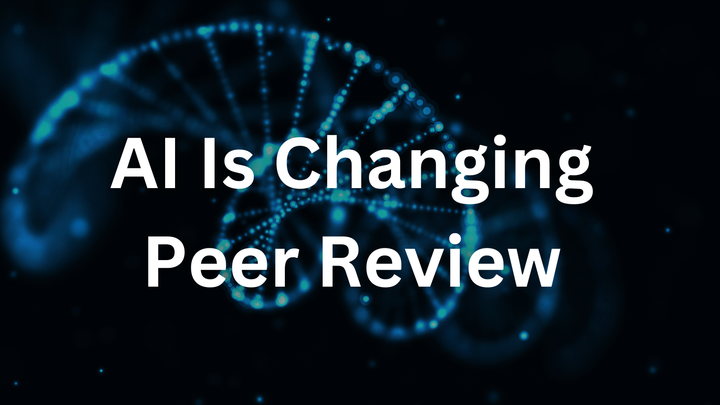AI in the Boardroom: Is It Running the Show?

AI isn’t just a tool anymore—it’s becoming a decision-maker at the highest levels of business. A new SAP-backed survey reveals that:
✅ 44% of C-suite executives would override their own decisions based on AI insights
✅ 38% would trust AI to make business decisions on their behalf
✅ 74% trust AI’s advice more than their family and friends
With AI shaping billion-dollar decisions, is this the future of leadership—or a dangerous overreliance on technology?
Let’s dive in.
Executives Are Turning to AI Over Human Judgment
The "AI Has a Seat in the C-Suite" survey polled 300 top executives at companies with at least $1 billion in annual revenue. The results? AI is no longer just a tool—it’s a trusted advisor.
🔹 55% of executives say AI-driven insights frequently bypass traditional decision-making
🔹 48% use generative AI tools daily; 15% use them multiple times per day
🔹 AI is trusted most for analyzing data (52%), spotting risks (48%), and offering alternative strategies (47%)
For decades, business leaders have relied on intuition, experience, and trusted advisors—but now, AI is taking that role.
And I believe this is only the beginning.
AI’s Role in Business Strategy & Workplace Well-Being
AI isn’t just influencing decisions—it’s shaping business strategy across multiple areas:
📊 Enhancing product development (40%)
💰 Supporting budget planning (40%)
📈 Performing market research (40%)
And surprisingly, executives feel AI is improving their personal well-being:
🧘♂️ 39% report a better work-life balance
🧠 38% say AI improves their mental well-being
😌 31% claim reduced stress
This makes sense—AI is taking over tedious, data-heavy tasks, allowing executives to focus on higher-level strategy.
The Future: Fewer Mid-Level Managers, Smarter AI
In my opinion, over the next five years, we’ll see a surge in data integration solutions that allow companies to collect and organize business data more efficiently. This means AI will be working with higher-quality data, making its insights even more valuable and reliable.
And here’s where I see things heading:
🚀 AI will start replacing mid-level managers.
Why? Because AI, combined with statistical methods and inductive reasoning, will become better at managing tasks, assigning resources, and optimizing workflows than human managers.
Instead of having layers of middle management, businesses may rely on AI-driven systems to oversee projects, track performance, and even handle employee scheduling.
This shift won’t happen overnight, but I believe we’re moving toward a leaner management structure, where AI takes over routine decision-making, leaving executives to focus on big-picture strategy.

Should We Worry About AI Replacing Human Leadership?
While AI can process data faster and more accurately than humans, it lacks emotional intelligence, creativity, and ethical reasoning.
🚨 Is it dangerous to trust AI more than human judgment?
🚨 Will executives become overly reliant on AI, losing critical thinking skills?
🚨 What happens when AI makes a bad decision? Who is accountable?
SAP’s Chief AI Officer Jared Coyle warns that AI’s reliability depends on quality data—and many companies still struggle with data misalignment and integration challenges.
This means that flawed data could lead to flawed AI-driven decisions—which could be disastrous for businesses.
Final Thoughts: AI as a Partner, Not a Boss (Yet)
AI is clearly transforming leadership, but should it be making the final call? While it’s an invaluable tool, executives must remember that AI should enhance human decision-making—not replace it.
That being said, I firmly believe that:
✔️ AI-driven decision-making will continue to improve as data integration solutions advance.
✔️ Businesses will need fewer mid-level managers as AI takes over task and resource management.
✔️ Executives should continue to use AI as a tool—but not let it replace human intuition and judgment.
💬 Would you trust AI to make major business decisions? Is this the future of leadership—or a risky overreliance? Let’s discuss on X(Former Twitter)!
References:
- SAP, AI Has a Seat in the C-Suite, March 2025.https://news.sap.com/2025/03/new-research-sexecutive-trust-ai/



